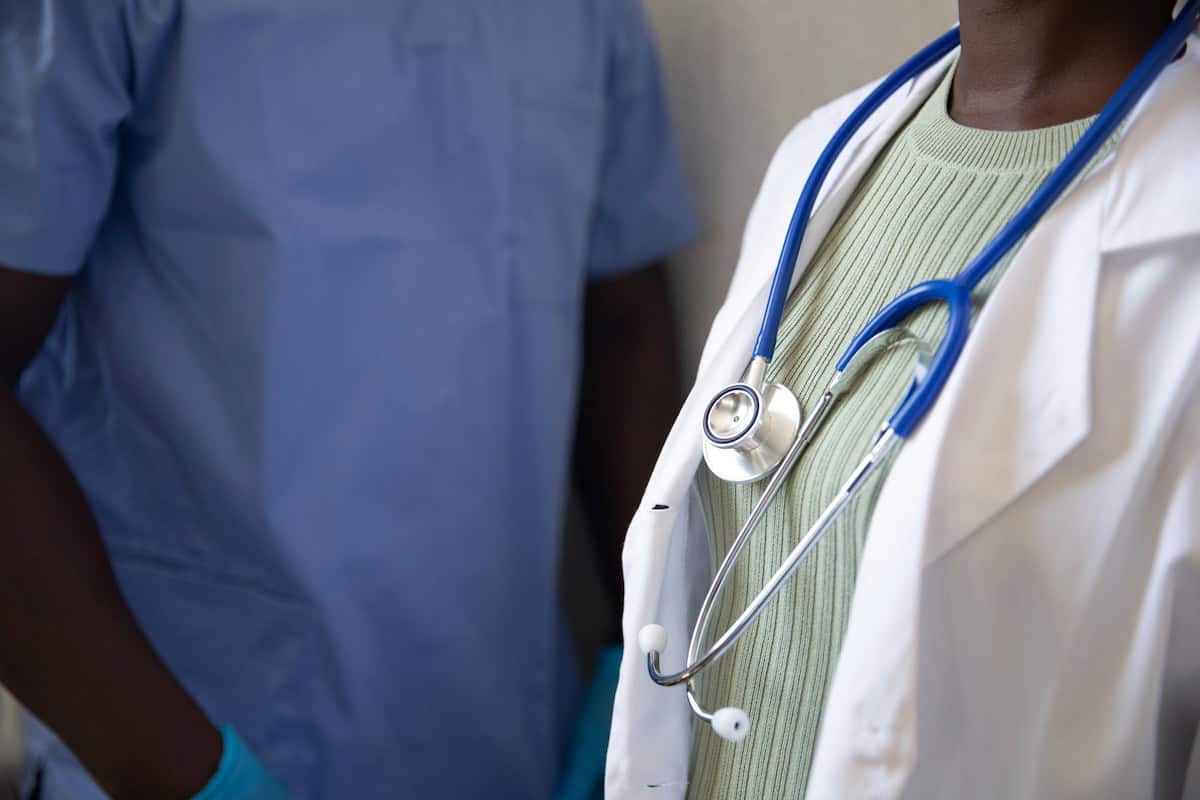Health
The healthcare industry handles some of society's most sensitive personal data and critical functions. Both patient safety and data protection require that all employees, consultants and suppliers are verified and trusted.
Why are background checks essential? Healthcare institutions have a responsibility to protect patient data and ensure the quality of care provided. This requires systematic control of: Certifications and authorizations Verification of valid health professional authorizations ensures that only qualified individuals perform critical tasks. This includes doctors, nurses, bioanalysts and other health professional staff.
.jpg)






In the healthcare sector, it is crucial that employees — especially doctors — can carry out their work objectively, professionally and without the influence of personal or financial interests. Conflicts of interest can arise if an employee has financial relationships, ownership interests, or family connections to companies, which can influence decisions in day-to-day work.
By obtaining information about secondary employment and financial interests as part of the recruitment process, we ensure:
- Transparency about potential conflicts of interest.
- Trust between employees, patients, and organization.
- Compliance with legislation and ethical guidelines.
- Prevention of disability problems, especially in the context of procurement, referrals and processing.

Educational background
Verification of real educational qualifications protects against CV fraud and ensures that staff have the necessary professional competence to carry out their functions.
References and employment history
Verifying previous employment relationships and references provides insight into the candidate's professional track record and professionalism.
Consultants and external suppliers
IT consultants, cleaning staff, medical equipment suppliers and other external parties often gain access to sensitive areas and systems. Background checks ensure these actors can be trusted with access to patient data and critical infrastructure.
Protection of personal data and critical infrastructure
With GDPR requirements, the NIS2 Directive and increasing cyber threats, it is essential to ensure that everyone with access to electronic health records and health data is verified and does not pose a security risk. The health sector is classified as critical infrastructure, which imposes stricter requirements for the safety assessment of personnel.
NIS2 and new safety requirements
The EU's NIS2 Directive strengthens cybersecurity requirements in critical sectors, including health. The directive obliges healthcare institutions to implement robust risk management measures, which include systematic background checks on employees and suppliers with access to critical systems and data.
Compliance and Legal Liability
Healthcare institutions have a legal responsibility to exercise due diligence in hiring and entering into supplier agreements. Systematic background checks demonstrate that the institution has taken the necessary precautions and complies with both national and EU regulations.
Proactive protection
Background checks are part of an overall security initiative that protects against insider threats, data breaches and the compromising of critical health functions. It is an investment in both patient safety and the reputation of the institution.
Below you will find articles that describe the threats that exist in the health sector.
Click here to contact us and get answers to your questions
